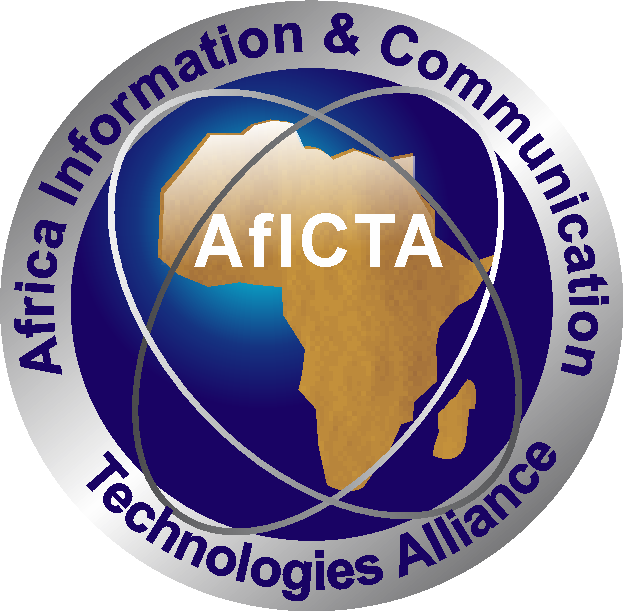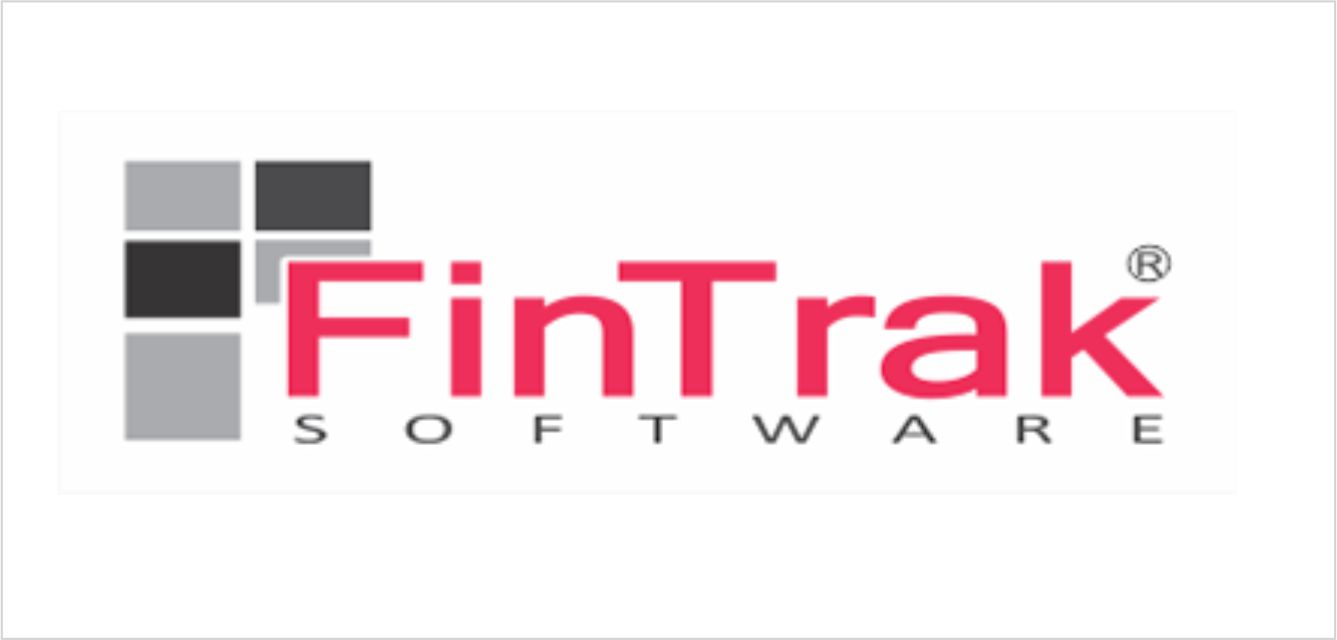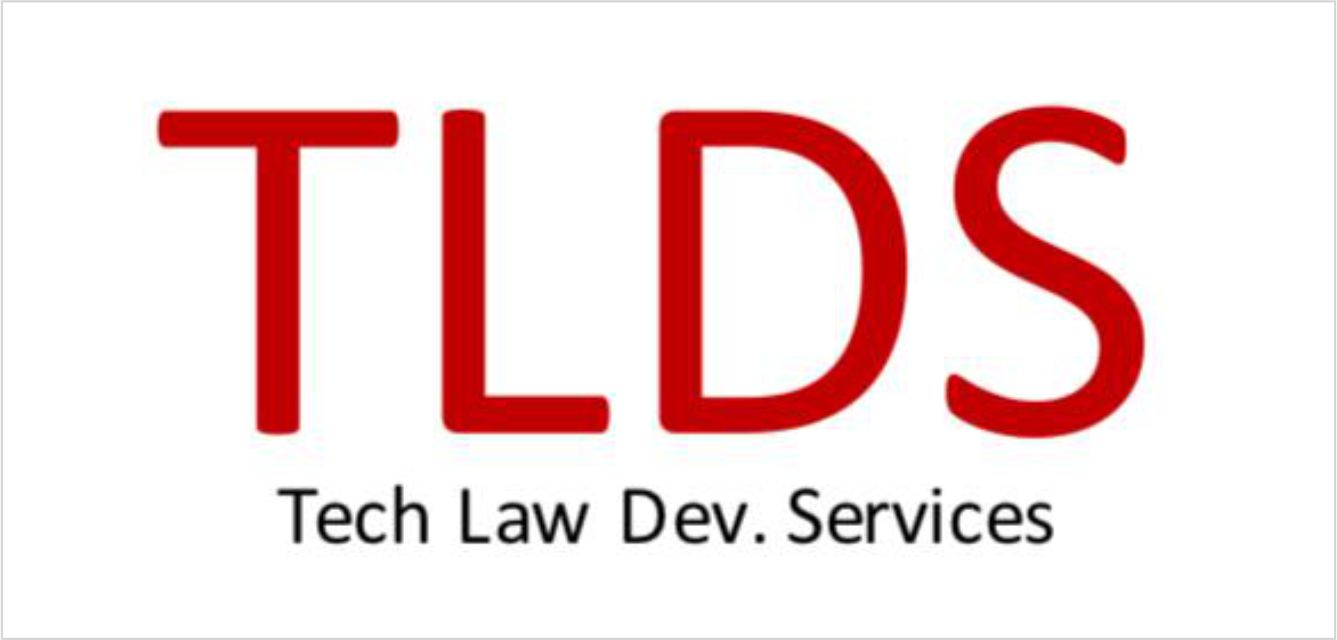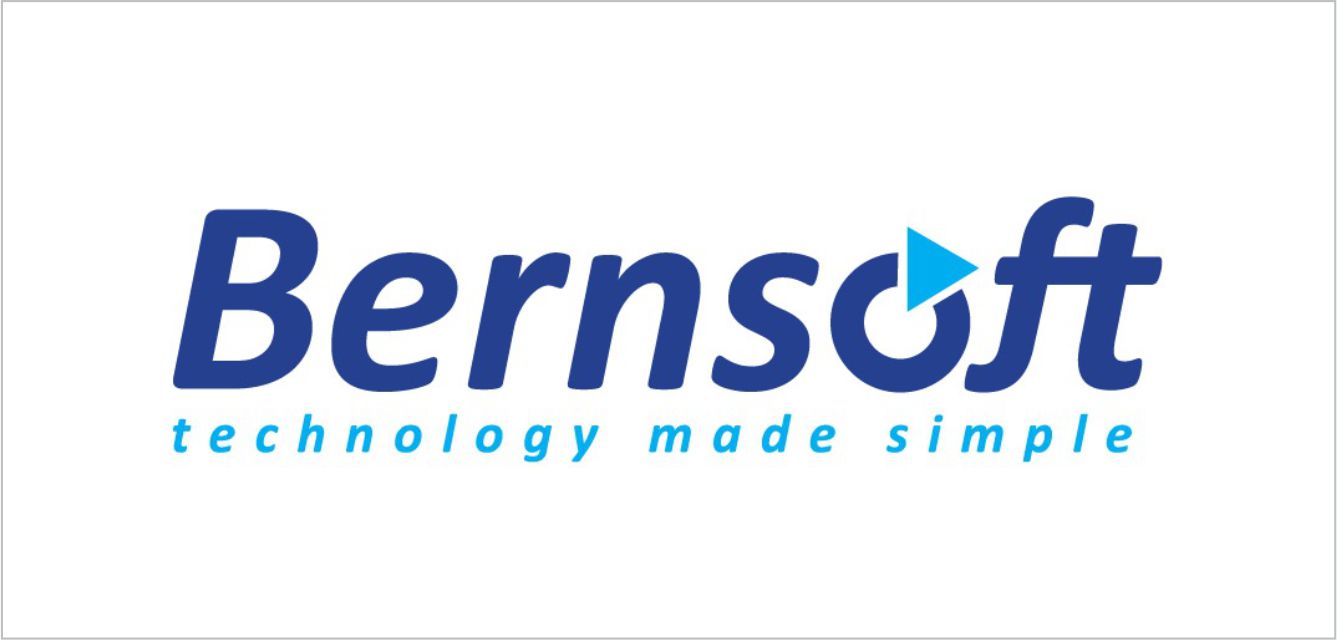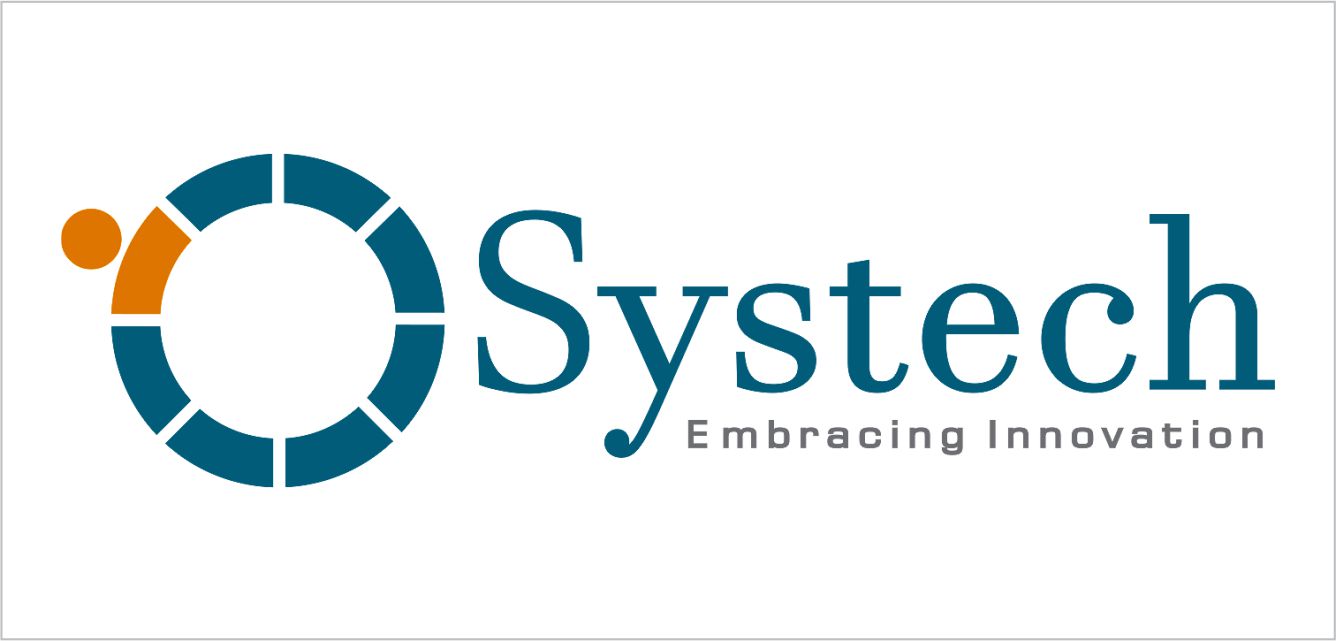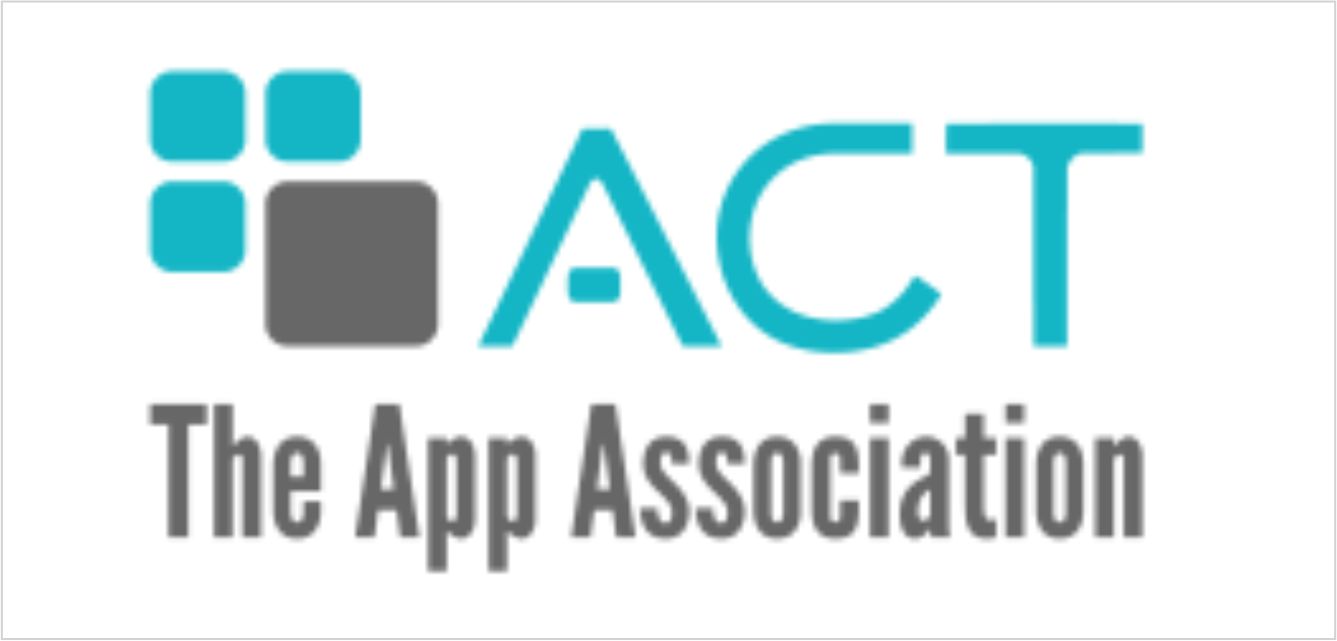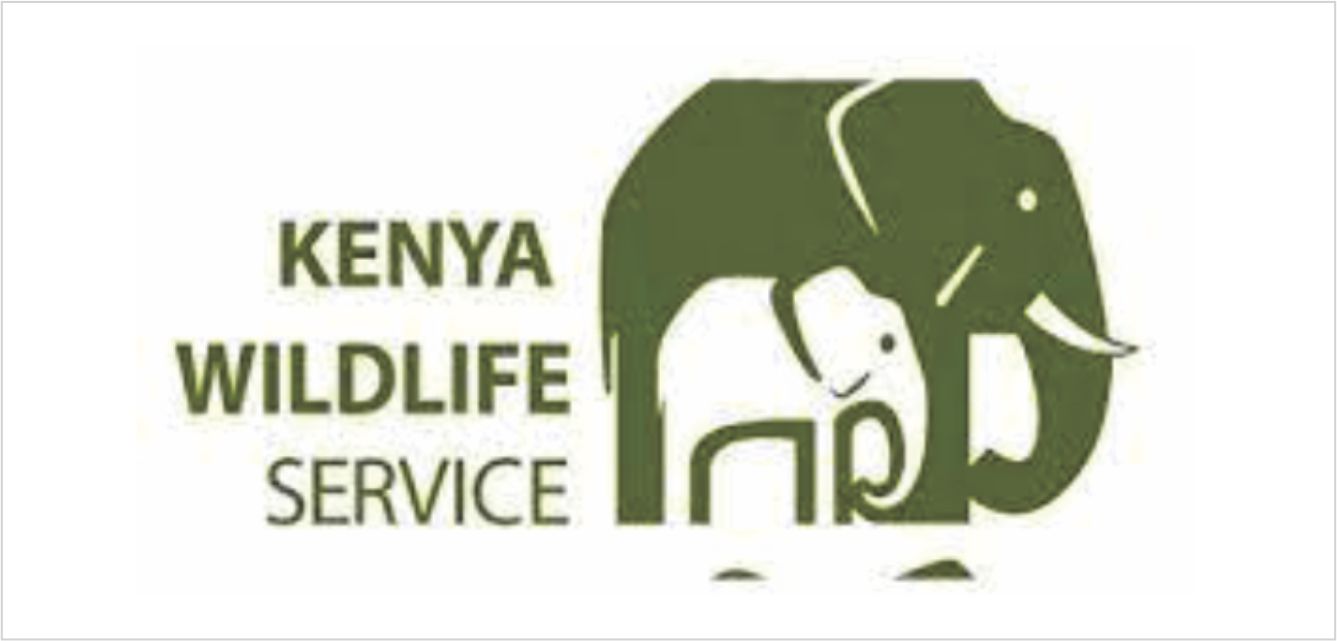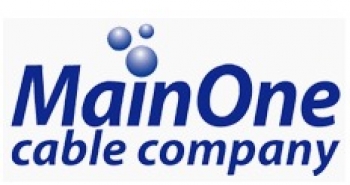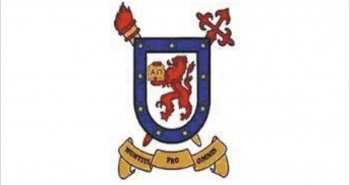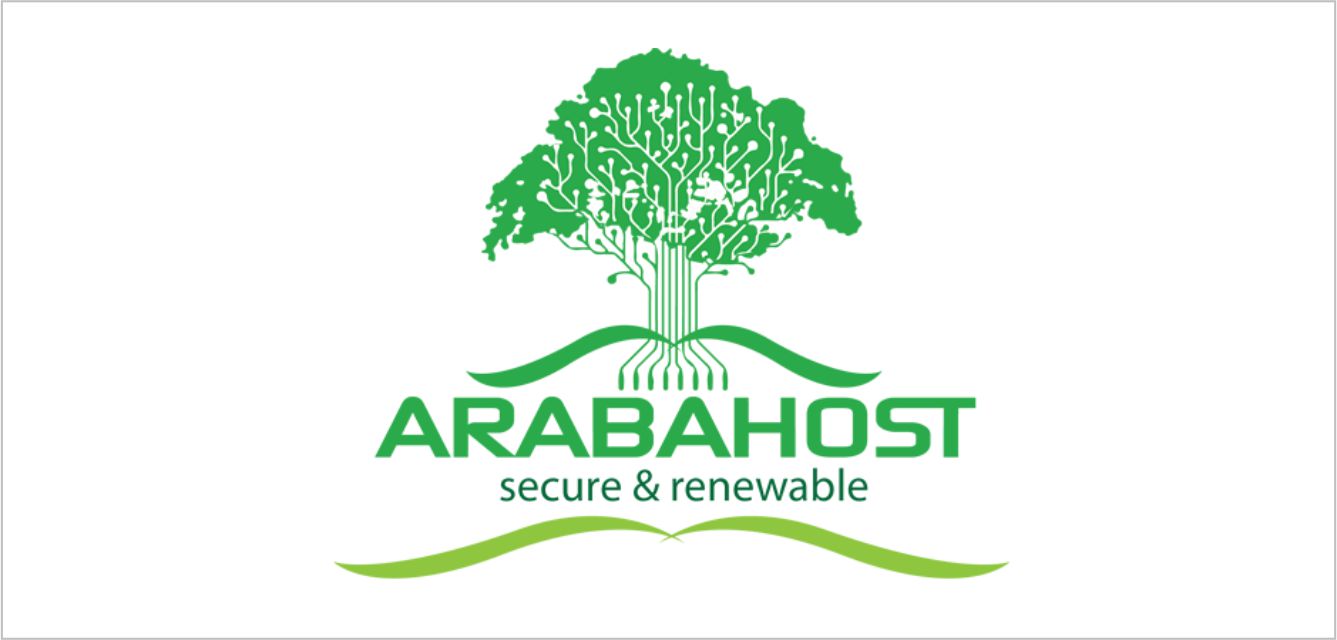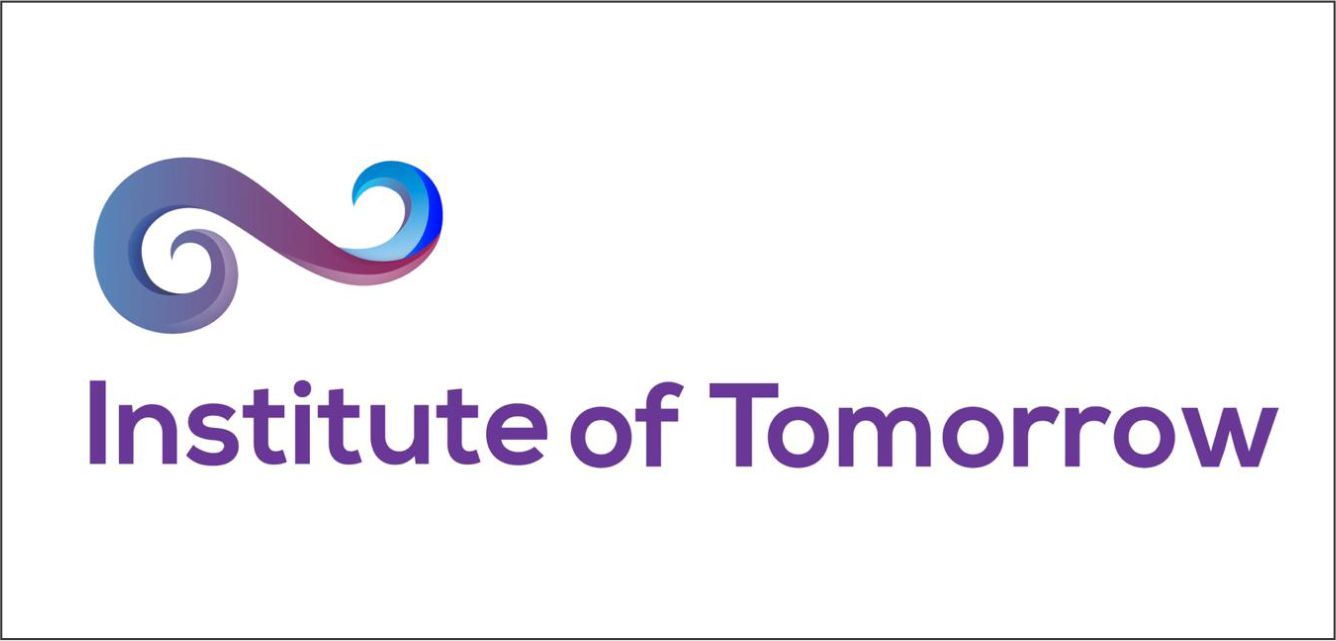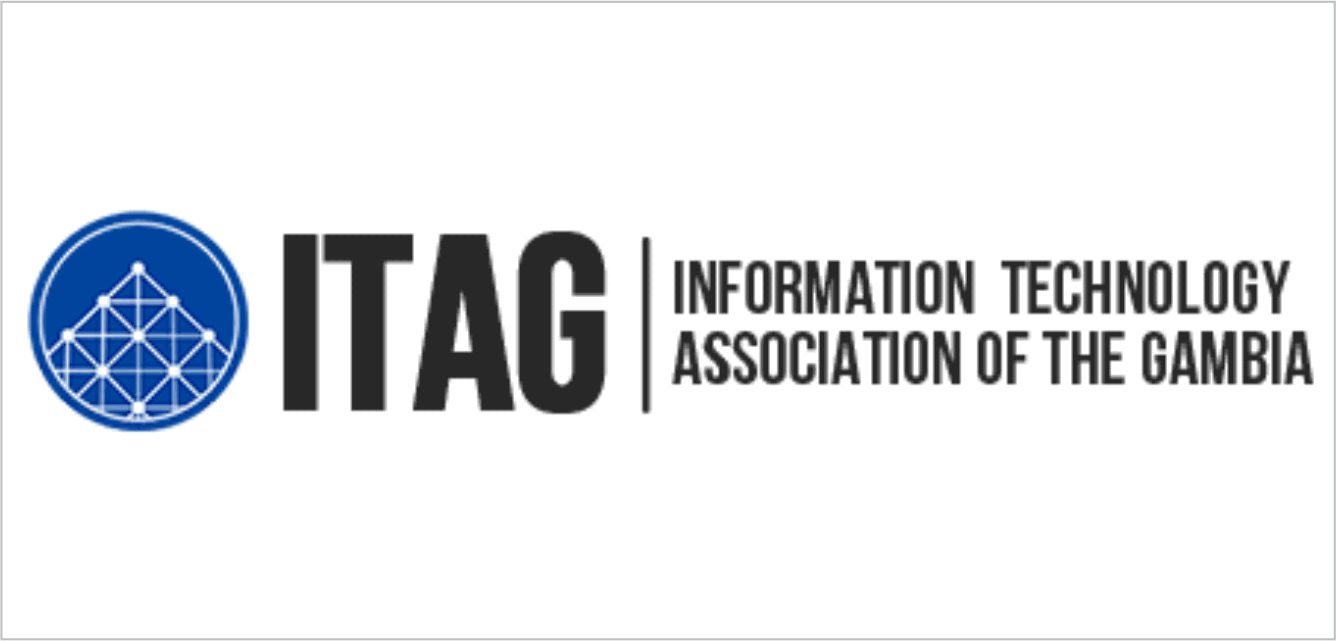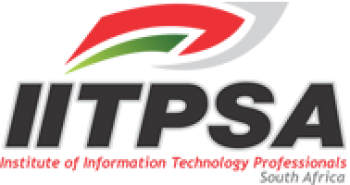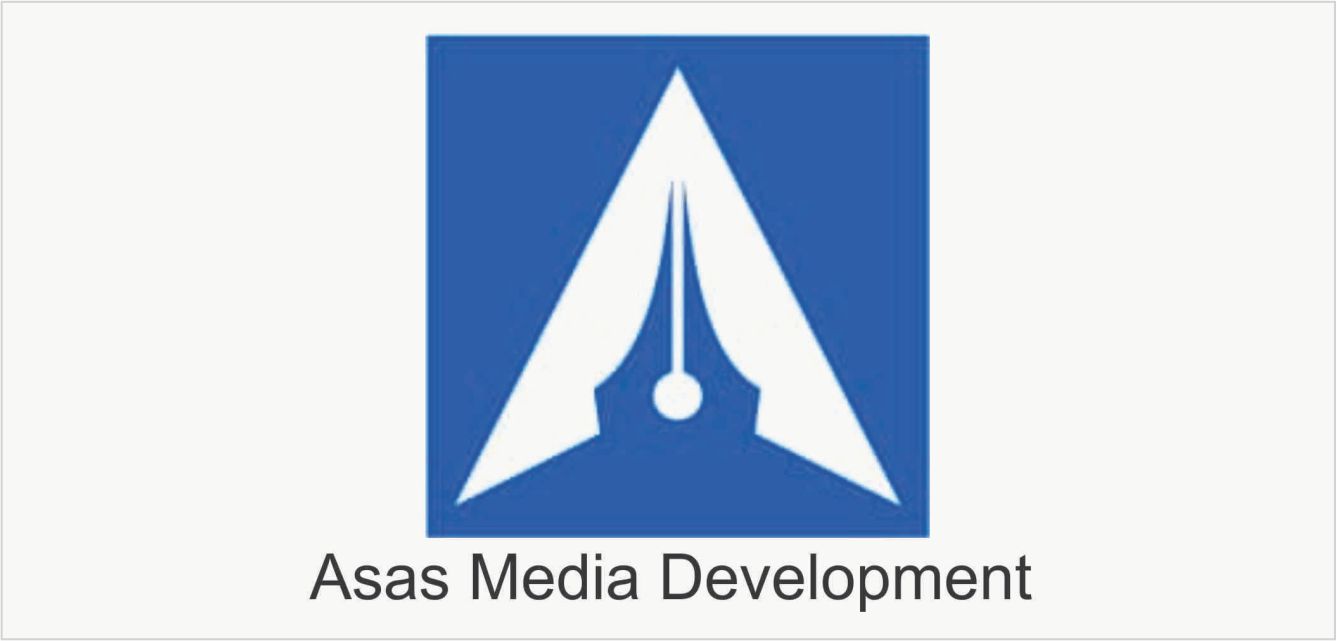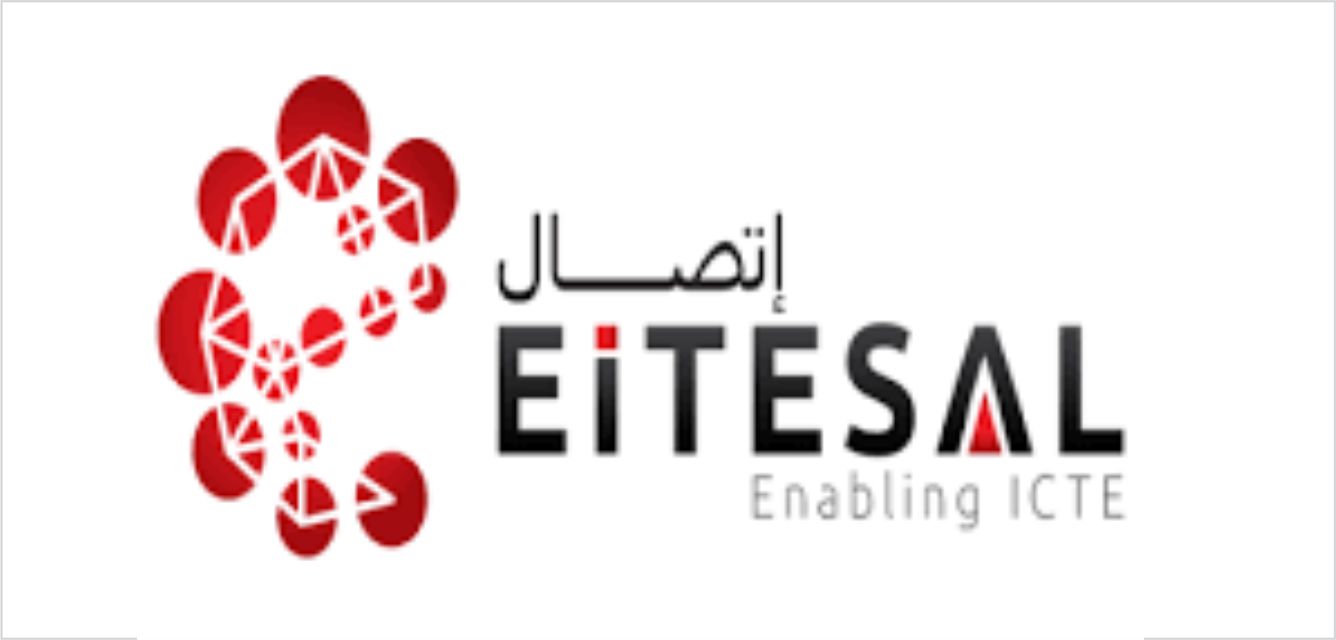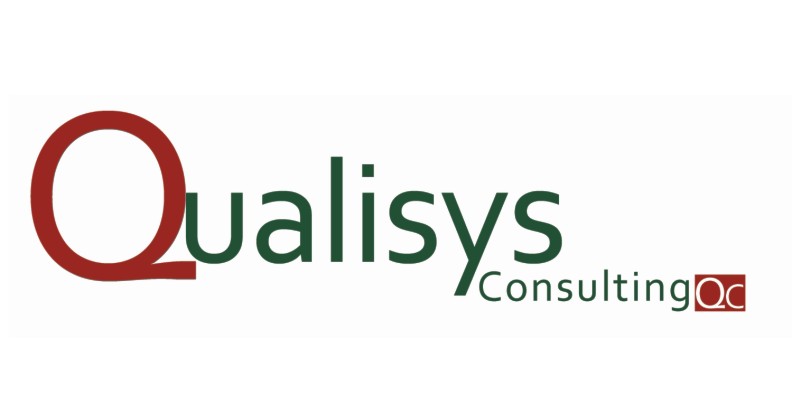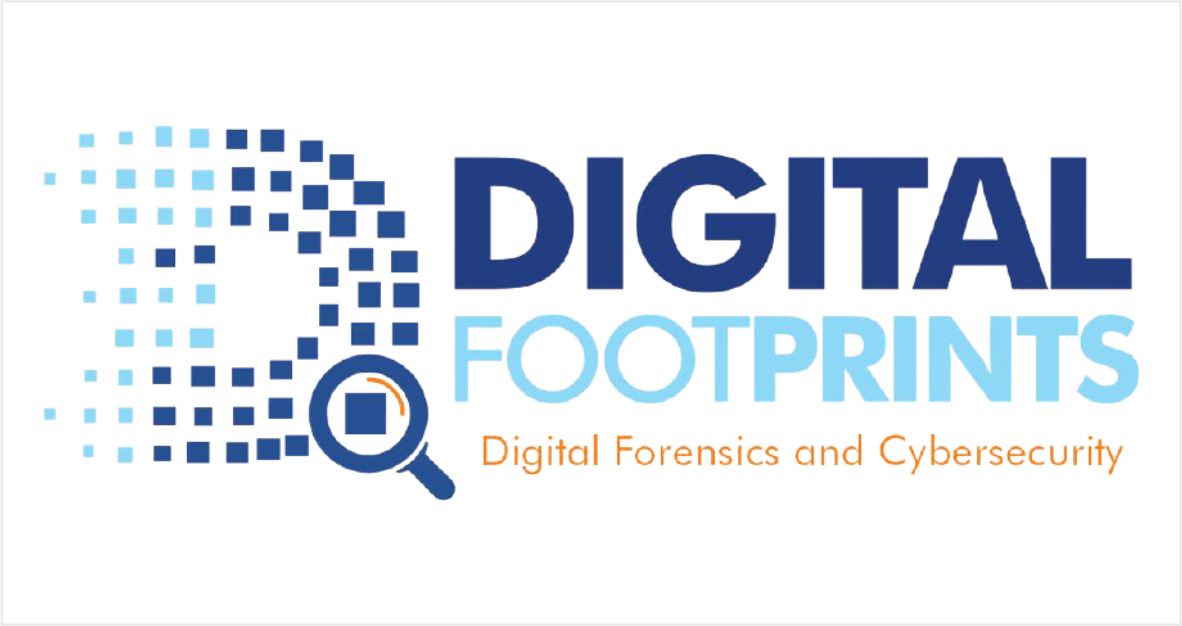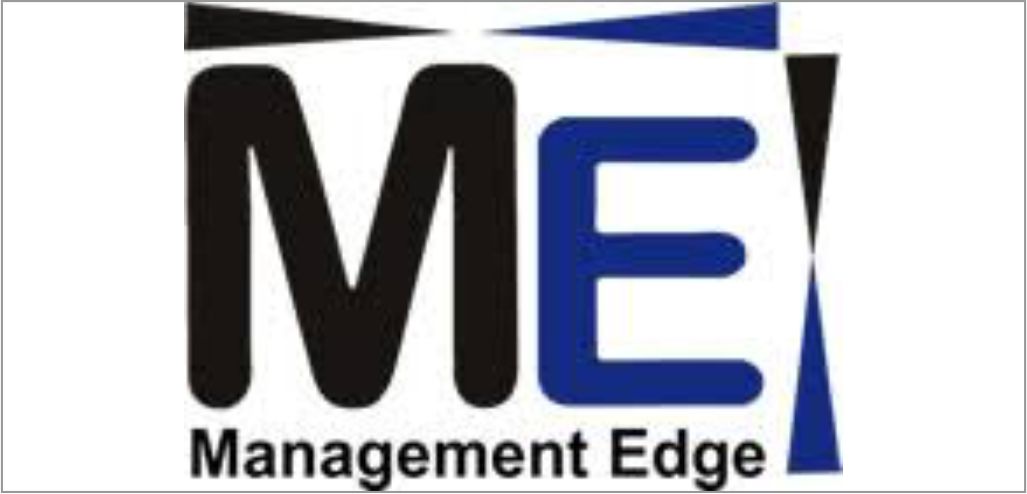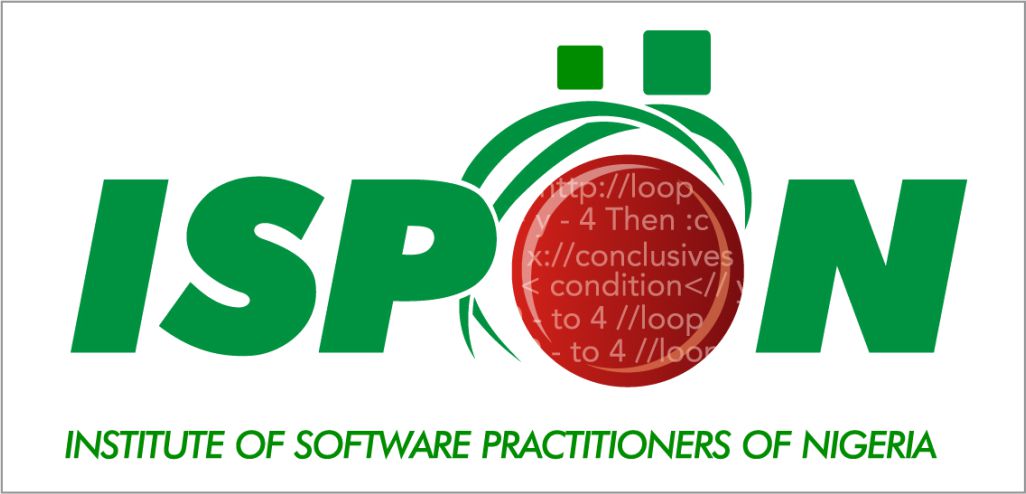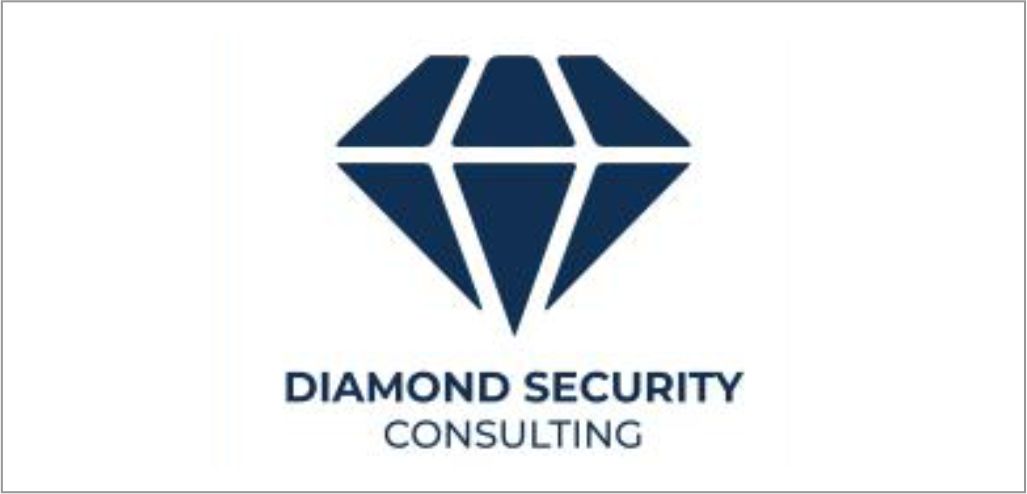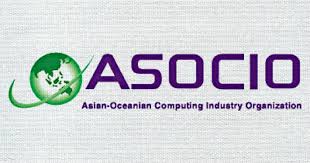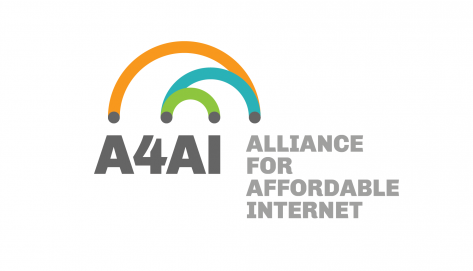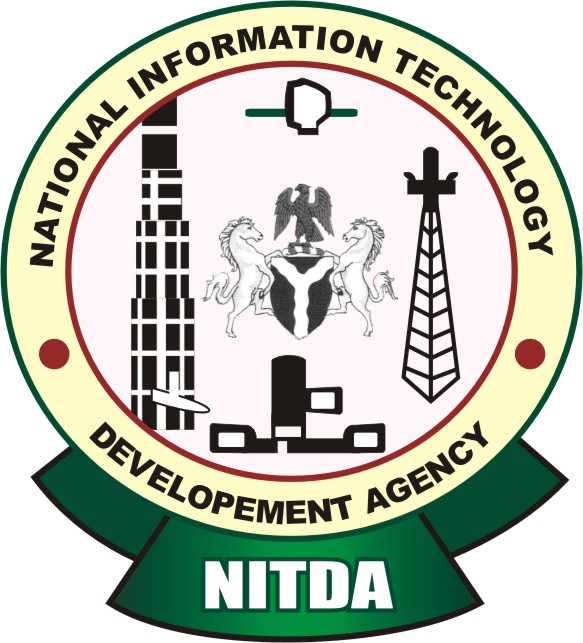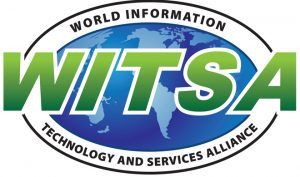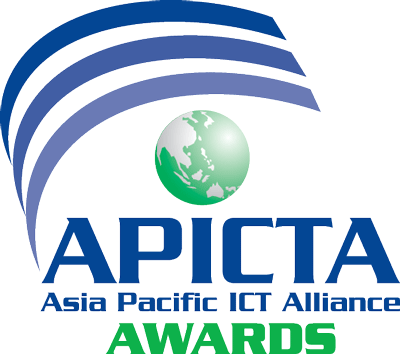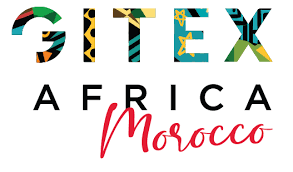What does the Future Hold for Internet Governance?
By Jimson Olufuye, Chair, Africa ICT Alliance
21 October, 2013
From Tuesday 22nd October till Friday 25th 2013, the 8th Internet Governance Forum (IGF) convenes in Bali, Indonesia, with the theme: Building Bridges - Enhancing Multistakeholder Cooperation for Growth and Sustainable Development. This forum, established by the world’s Heads of State as an outcome of the World Summit on the Information Society (WSIS) in 2005, brings together the broadest and most diverse gathering of those concerned about the Internet –businesses, civil society, NGOs, governments and International intergovernmental organizations and the community of technical coordinating organizations. It is indeed a unique phenomenon.
The Internet as we know it, and experience it each day, is a network of networks currently connecting more than a third (2.5 billion) of the world population. Africa Internet users grew by more than 3500% from 1.5million in 2000 to 167million in 2012. Nigeria alone accounts for 48% of that figure from less than 1% penetration in 2000. Internet indeed is the undisputable engine for socio-economic growth and development of our time. It is projected that more than 50 billion things will be connected by the Internet by the year 2020.And, if the promise of the digital age is to be achieved, as it must, to address our world’s core challenges, the next two billion Internet users must be added in the next few years.
As the significant enabler of socio-economic wellness of citizens around the world, it is no longer a surprise to see heightened interest develop among governments around the world about how it should be governed, or controlled. Reflecting on the historical perspective, the Internet was a creation of the US government in 1960s to ensure continuous military communication in the event of any outbreak of war during the “cold war”. Its application formerly constrained to the military, research and educational establishment leapfrogged to the socio-economic space in 1990s at the invention of the world wide web by Tim Berners Lee thereby affecting our lives positively or negatively across the world. I may indeed say it has been more of a positive value-add.
Sensing the challenge of its governance and the need for transparency and accountability to the growing Internet Community, the US government outsourced the administration of the server responsible for the Domain Name System (DNS) to a not-for-profit multi-stakeholder corporation called the Internet Corporation for Assigned Names and Numbers (ICANN). ICANN since 1998 has efficiently handled this assignment of managing domains like .com, .org etc, relying heavily on active participation of its ecosystem of volunteers, stake-owners, stakeholders and aligned parties.
Apart from the DNS business that it handles, ICANN was also contracted by the US government (Commerce Department) to implement the Internet Assigned Numbers Authority (IANA) for global coordination of the Internet Protocol addressing systems, as well as the Autonomous System Numbers used for routing Internet traffic through the five regional registries based in North America (ARIN), Europe/Middle East/Central Asia (RIPE NCC), Africa (AfRINIC), Asia/Pacific (APRNIC) & Latin America/Caribbean (LACRINIC). The last renewal of this contract was in 2012.
The issue of who controls the Internet key resources came to fore in 2003 and 2005 at the UN World Summit on Information Society (WSIS) in Geneva and Tunis respectively. Following the evolution of the telecom sector with private players playing important roles and the migration of routing technology to Internet Protocol (IP) for routing data traffic, its became crystal clear that governments alone that had held sway over time on policy formulation faced the reality of sharing the same round table with other stakeowners and stakeholders on an equal footing.
After the UN Secretary General established the IGF, as requested by the Heads of State in 2005 in the Tunis Agenda (paragraphs 29-82), it has convened since 2006 in Greece and continued 2007 in Brazil, 2008 in India, 2009 in Egypt, 2010 in Lithuania, 2011 in Kenya and 2012 in Azerbaijan. This week, the IGF comes to Indonesia. The Forum has enriched discussion and understanding on the ramifications of policy matters pertaining to the Internet. Whether it is directly changing policy structure on the ground is still under debate. However, it is a strong contributor to a space where tough policy topics, like security online, privacy, misuse of user data, protecting children and youth in the online world, Critical Internet Resources, human rights online, the role of the Internet in Development and Economic growth are being discussed, and where thoughtful examination, inclusive of all stakeholders on an equal footing, is occurring. The impact of these discussions is beginning to be reflected In the emergence of national and regional IGF, and today, over 20 national IGF events (Nigeria inclusive) are occurring annually, with another 8 regional IGF sessions.
Debates are reemerging calling for major changes in today’s approaches to managing and coordinating the Internet, and its key elements. But why change a winning system? Internet current structures and mechanisms for coordinating have engendered the pervasiveness of the Internet; in the process enabling the realization of some of the objectives of the Tunis Agenda e.g. the Millennium Development Goals (MDG) which by and large has been a tremendous success in many countries.
The majority view of Business in Africa has a keen interest in the secure and stable operation of the Internet – in fact, the emergence of commerce online, serving Africa’s growing marketplace of businesses, governments as users, and individuals is vitally dependent upon the Internet and its pervasive and consistent growth, expansion, and enhancement. The existing structure has created many new business opportunities not imagined a decade ago. Millions of jobs have been created or enhanced across our continent. The IG model has served African business well and it is still serving it well.
The issue of security, stability and resiliency of the Internet is still a major concern of business in Africa pushed forward by the recent revelation of global surveillances. Where there is no trust or confidence, business is lost! In the face of this revelation, should the model change? My opinion is NO!
Government by virtue of paragraph 35a of the Tunis Agenda as stake-owners and business, civil society and others as stakeholders MUST through dialogue, enhance their co-operation and collaboration on all matters pertaining to the Internet. Confidence and trust are built over time. But where they have been damaged efforts MUST be made to discuss the issues and thus assure one global Internet not fragmentation of the Internet. The Internet as it were should account to the genuine stake-owners and holders and not the exploiters of the goods of the Internet. There is a strong risk that the challenges raised by concerns about the use of surveillance will be exploited to justify changes that simply do not serve the needs and interests of all users of the Internet – and the IGF is the place to bring these discussions and to confront possible approaches and solutions.
As the 8th IGF convenes, strong, balanced and accountable bridges should be discussed, and debated to enable the Internet to remain the engine for the advancement of our common humanity regardless of geographic location for the benefit of all stakeholders and the world’s next several billion users of the Internet especially our youth. We should avoid calls for nationalization and multi-lateralization of solutions that simply will not serve the interests of today’s and tomorrow’s Internet users.
------------------------------------------
Paragraph 35 & 72 of the Tunis Agenda declared …
Para 35:
“We reaffirm that the management of the Internet encompasses both technical and public policy issues and should involve all stakeholders and relevant intergovernmental and international organizations. In this respect it is recognized that:
- Policy authority for Internet-related public policy issues is the sovereign right of States. They have rights and responsibilities for international Internet-related public policy issues.
- The private sector has had, and should continue to have, an important role in the development of the Internet, both in the technical and economic fields.
- Civil society has also played an important role on Internet matters, especially at community level, and should continue to play such a role.
- Intergovernmental organizations have had, and should continue to have, a facilitating role in the coordination of Internet-related public policy issues.
- International organizations have also had and should continue to have an important role in the development of Internet-related technical standards and relevant policies.”
Para 72:
“We ask the UN Secretary-General, in an open and inclusive process, to convene, by the second quarter of 2006, a meeting of the new forum for multi-stakeholder policy dialogue—called the Internet Governance Forum (IGF). The mandate of the Forum is to:
- Discuss public policy issues related to key elements of Internet governance in order to foster the sustainability, robustness, security, stability and development of the Internet.
- Facilitate discourse between bodies dealing with different cross-cutting international public policies regarding the Internet and discuss issues that do not fall within the scope of any existing body.
- Interface with appropriate intergovernmental organizations and other institutions on matters under their purview.
- Facilitate the exchange of information and best practices, and in this regard make full use of the expertise of the academic, scientific and technical communities.
- Advise all stakeholders in proposing ways and means to accelerate the availability and affordability of the Internet in the developing world.
- Strengthen and enhance the engagement of stakeholders in existing and/or future Internet governance mechanisms, particularly those from developing countries.
- Identify emerging issues, bring them to the attention of the relevant bodies and the general public, and, where appropriate, make recommendations.
- Contribute to capacity building for Internet governance in developing countries, drawing fully on local sources of knowledge and expertise.
- Promote and assess, on an ongoing basis, the embodiment of WSIS principles in Internet governance processes.
- Discuss, inter alia, issues relating to critical Internet resources.
- Help to find solutions to the issues arising from the use and misuse of the Internet, of particular concern to everyday users.
- Publish its proceedings.”
